Restoring Native Pollinator Habitats with the Agrarian Commons
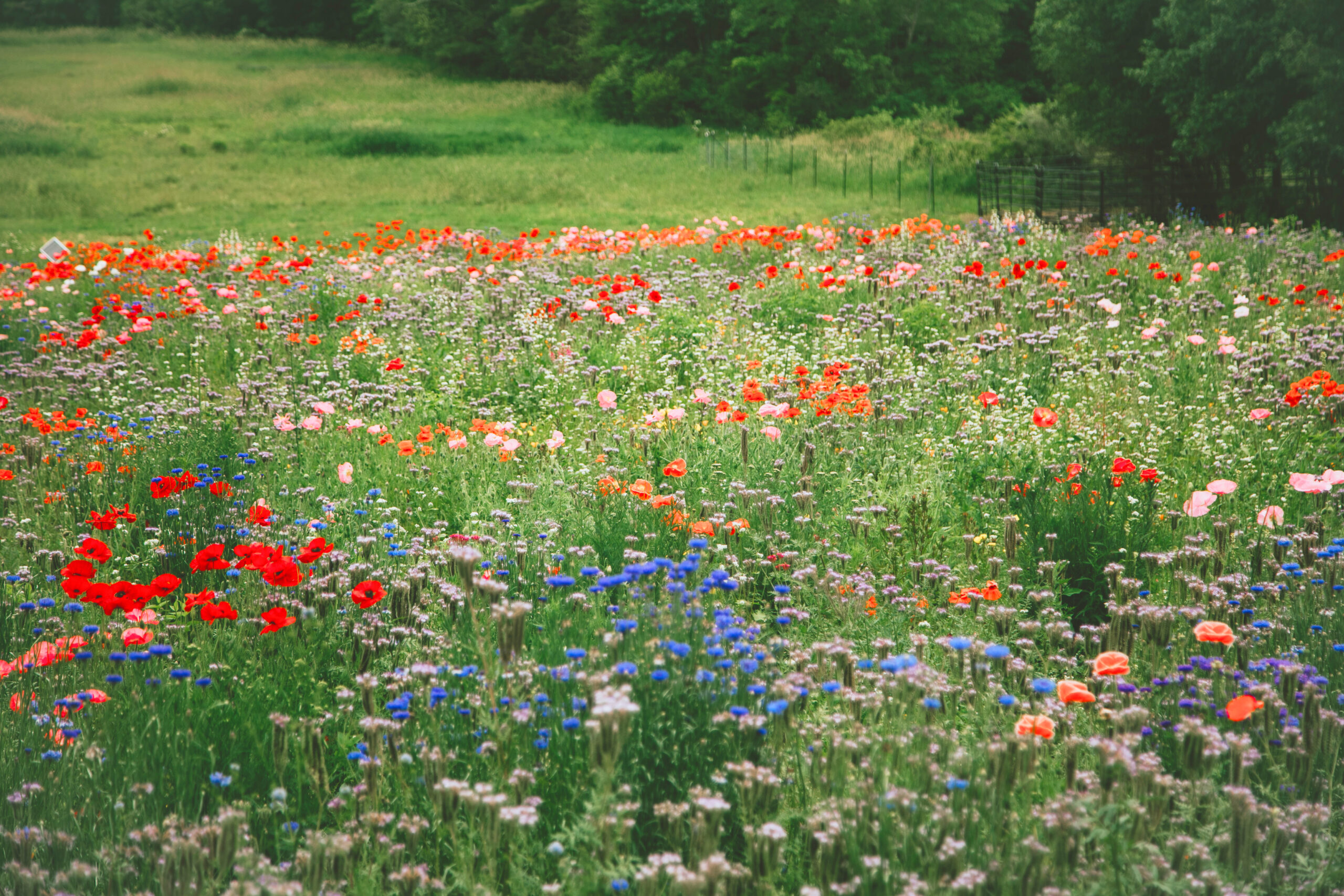
In the past twenty years, habitat loss, pests, pathogens, a lack of genetic diversity among pollinator species, and the reckless use of pesticides has caused a drastic drop in the United State’s pollinator population. Between April 2020 and April 2021 alone, beekeepers report losing 45.1 percent of managed honey bee colonies. This loss of pollinators impedes the function of successful ecosystems and poses a direct threat to farmers’ ability to successfully grow food. According to the United States Department of Agriculture (USDA), about “one mouthful in three in our diet directly or indirectly benefits from honey bee pollination.”
Fighting for Domestic and Global Food Sovereignty
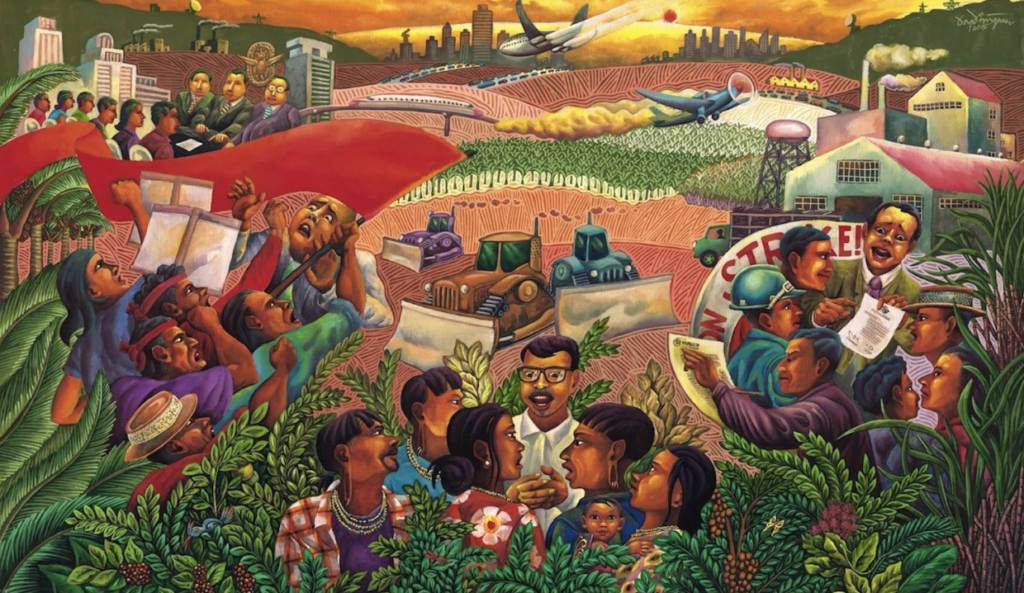
The high cost of land, racial inequity and land grabbing that underpins agriculture in the United States is part of a global trend of expropriative land practice, founded upon centuries of corporate greed and colonial violence. Agrarian Trust is an active member of a global movement that seeks to heal from these destructive forces, while charting a new path forward—beginning with Indigenous knowledge, local control of the land and agroecological growing practices. Since its founding in 2010, the United States Food Sovereignty Alliance (USFSA) has worked “to end poverty, rebuild local food economies, and assert democratic control over the food system” as a partner organization of the International Planning Committee for Food Sovereignty.
Equity & Justice Research Grant
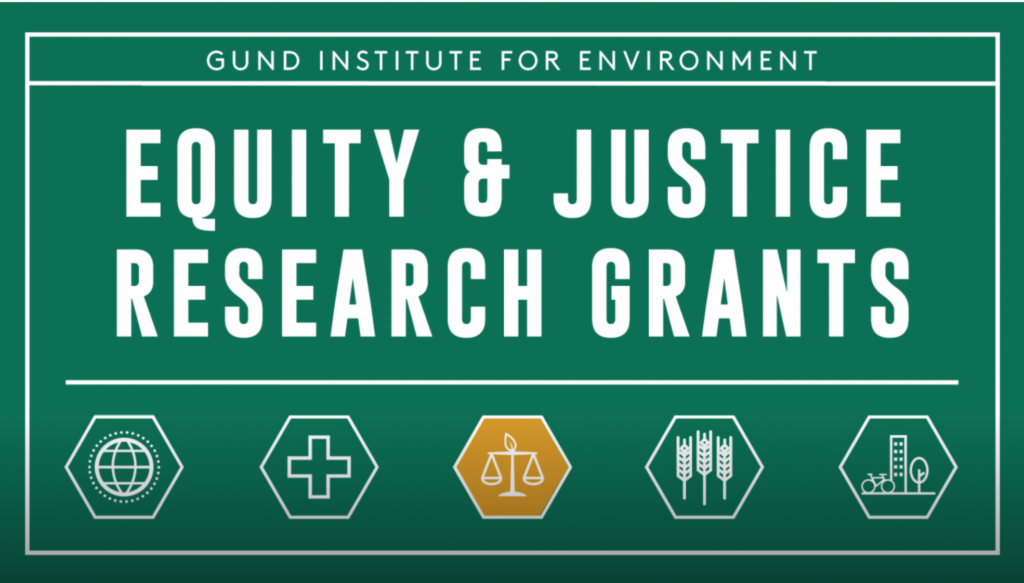
The Gund Institute for Environment, based out of the University of Vermont (UVM), recently announced their inaugural Equity and Justice research grant, which supports projects that aim to address inequities and injustices underlying environmental crises. I was honored to receive one of these grants to support my collaboration with Agrarian Trust exploring how creative approaches improve equitable farmland access and sustainable on-farm practices. To date, land access policy initiatives in the United States have focused exclusively on expanding private property ownership. Recent research, however, indicates that such efforts may not fully address the systemic and structural barriers to equitable farmland access.
The Diggers Today: Enclosure, Manure, and Resistance
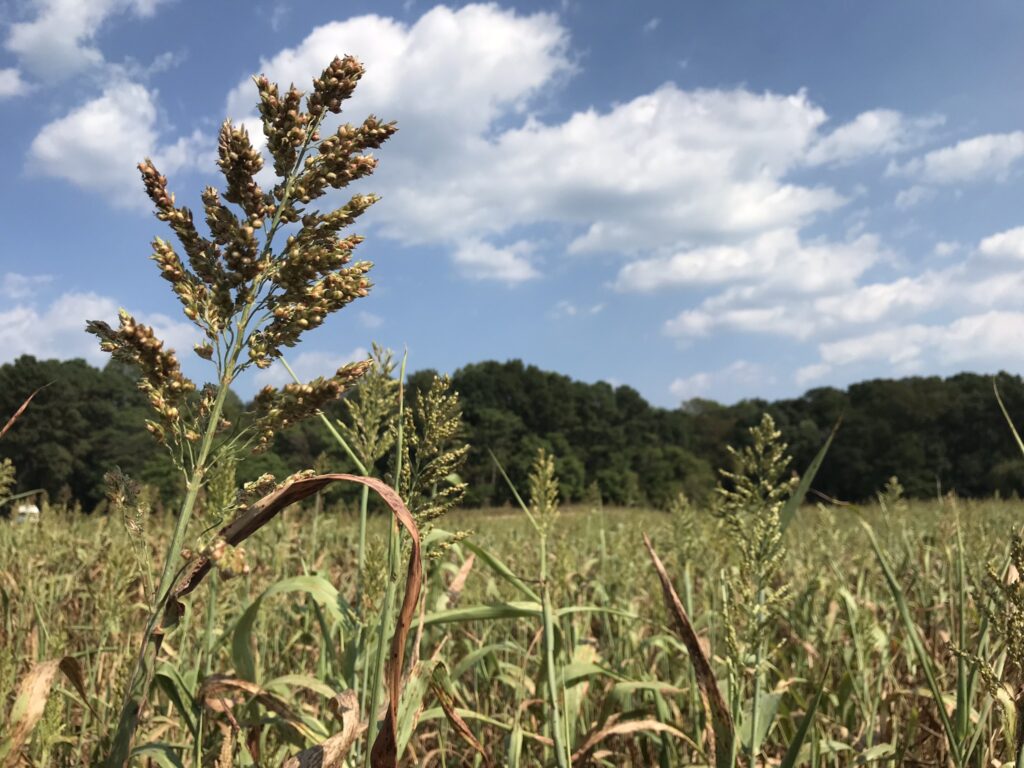
Such historical examples of commoning practices and resistance to land enclosures not only provide ample opportunity to learn from past struggles, but also serve as proof that, rather than being a static relic of the past, the commons are continuously defended and transformed in the struggle against the exploitative and dehumanizing forces of enclosure. Agrarian Trust and similar grassroots organizations are part of this long lineage of commoners fighting for a more equitable and ecologically oriented relationship with the land. Over three hundred years before the founding of Agrarian Trust, Gerard Winstanley and the Diggers championed a compelling alternative to the early capitalism of the seventeenth century. Their platform centered on the democratic control of land and the restorative power of a simple but often overlooked fertilizing agent—manure.
The International Land Coalition Commits to New Strategy Centered on Restoring Land Rights to Dispossessed Communities
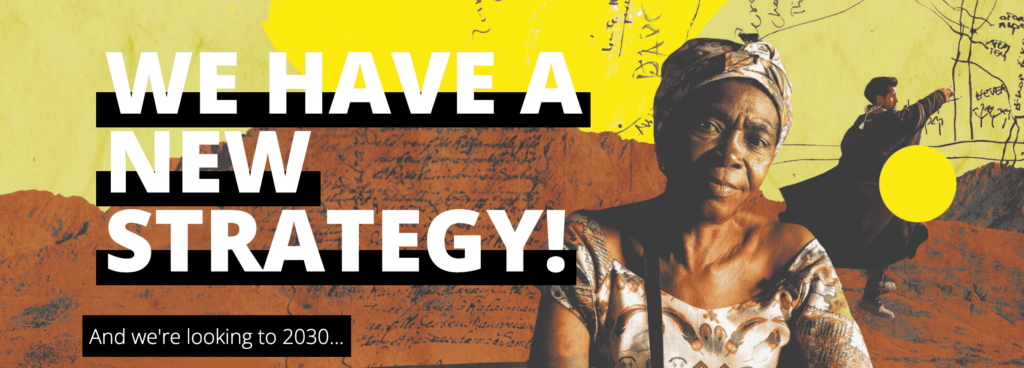
The International Land Coalition has released a new strategy that centers on securing land rights for “women, youth, family and peasant farmers, indigenous peoples, pastoralists, forest dwellers, fisher folk, afro‑descendants and local communities.” The Agrarian Trust is a member of the International Land Coalition (ILC), a global coalition of over 300 members dedicated to the advancement of people-centered land governance.
Press Release: Announcing New Land Acquisition Project for the Southwest Virginia Agrarian Commons
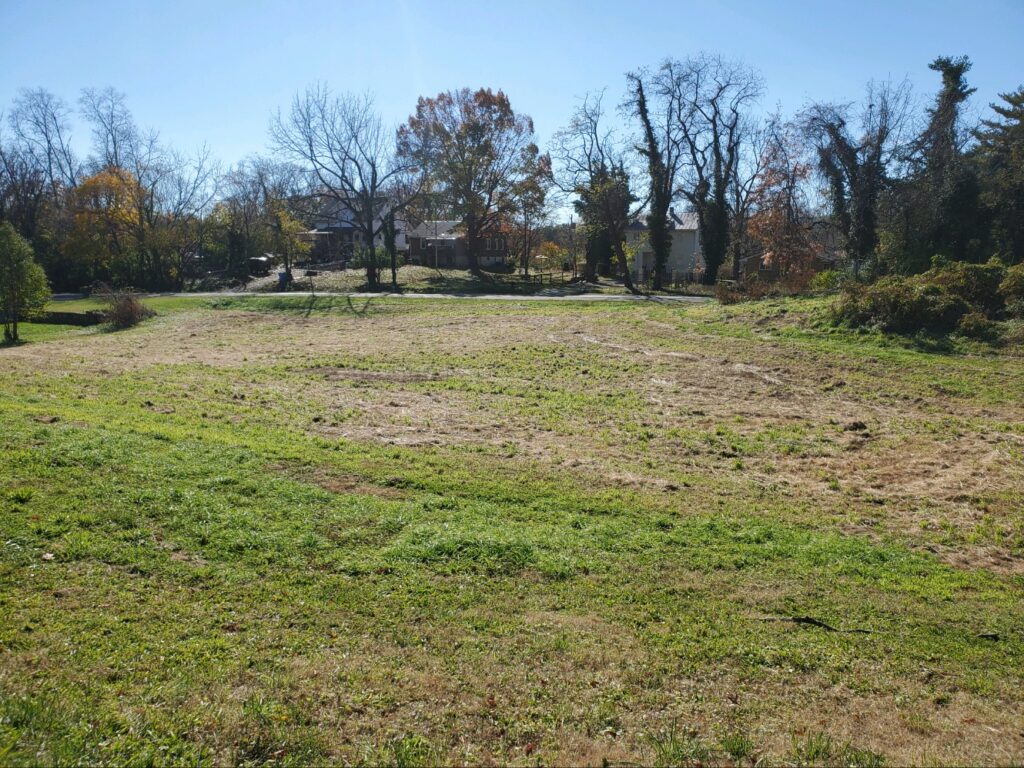
The Southwest VA AC needs to raise $251,329 through a fundraising campaign to fully fund this $426,250 project and acquire the 3.5-acre Lick Run Farm in Roanoke, Virginia.
Redlining’s Legacy: Disinvestment in Black Communities in Virginia
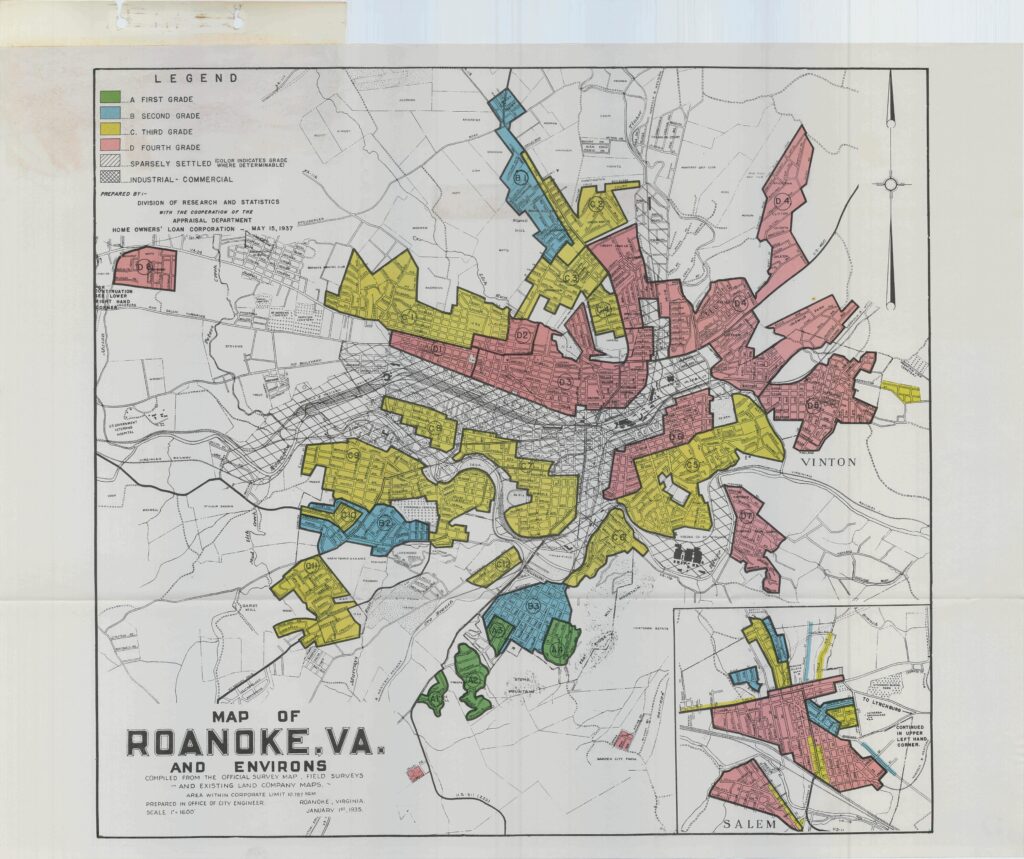
Redlining was a red mark against these robust neighborhoods, meaning that they could not connect to federal funding for home loans. Race was the defining factor in redlining and prevented these communities from gaining full access to the federal support that was needed and that they paid into through the federal tax system.
Creating Land Access & Tenure for Black Farmers in Virginia
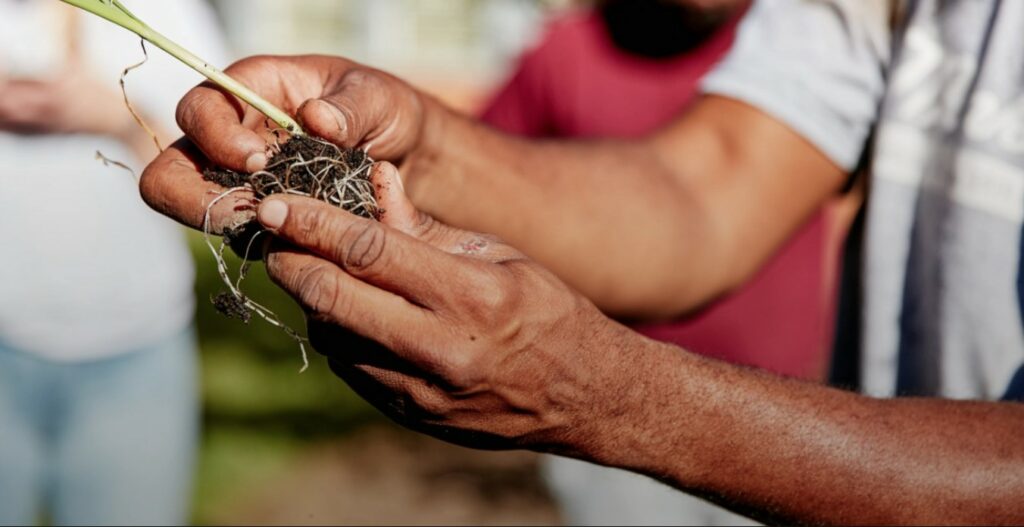
While securing land tenure is a challenge facing farmers of every race in this country, Agrarian Trust knows that land access is a greater barrier for farmers of color, and is centering the work of making affordable land security available to BIPOC (Black, Indigenous, People of Color) farmers. More than 98% of farmland in the U.S. is owned by white people while more than 70% of the farmworkers who seed, cultivate, weed, and harvest the crops that feed us are people of color. This gross injustice needs to change.
Changemaker Profile: Renard Turner and the Central Virginia Agrarian Commons

A Q&A with Renard Turner, co-owner and operator of Vanguard Ranch and founding board member of the Central Virginia Agrarian Commons.
Changemaker Profile: Jillian Hishaw and Systemic Land Theft
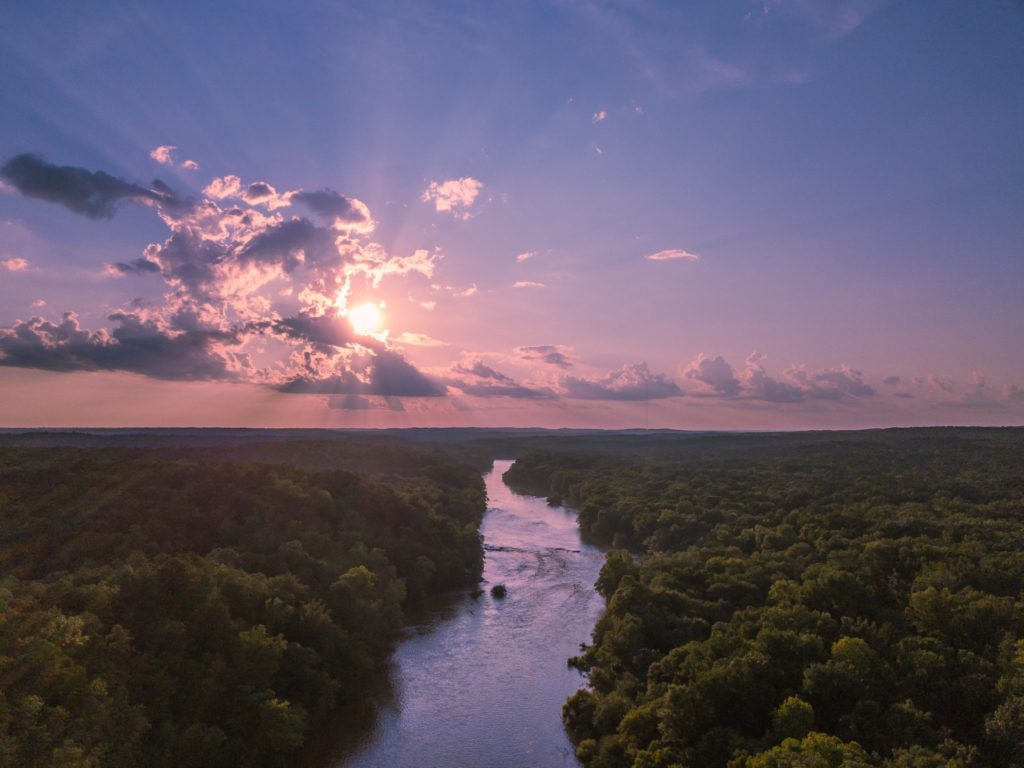
A reflection from author, attorney, and landowner advocate Jillian Hishaw as she discusses her new book, Systematic Land Theft.